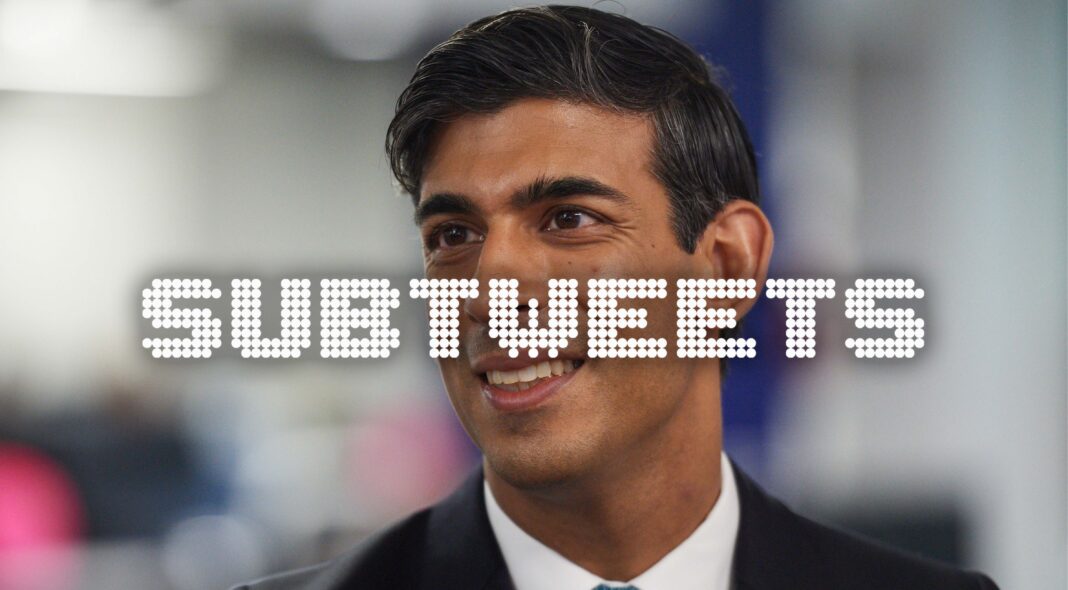How have you spent your lockdown? Whether you are front line staff or furloughed, working from home or stuck in quarantine isolation, I’d be willing to bet that you’ve whiled away most of the past few months indoors by losing yourself in some form of creative content. Books and records, TV shows and video games… on the day that you’re reading this alone, you’ve probably consumed the works and efforts of a great many media-types right across the wold.
While these are not the tools that keep us alive, they are the ones that make the everyday enjoyable. They transport us to new lands, show us perspectives that we might not otherwise understand. They make sense of complex emotions and provide respite from the ones we don’t want to face. Art creates empathy, education, escapism. It makes us better people. Take it away, and we all suffer. So why, in this here 2020, is the arts and cultural sector still treated like some kind of hobbyist joke?
If you happened to be on Twitter this week, you’ll likely have a few thoughts about our Chancellor of the Exchequer, Rishi Sunak. In a conversation with ITV (another one of those ‘arts’ outlets), he made comments on the industry strain of Coronavirus closures, and suggested that those in the arts and music sector might be better off retraining, if they wished to survive the pandemic. Though he would later clarify that he was referring to all sectors of work, his dismissal of those particular industries felt especially callous given the distinct lack of governmental support in this area. Though a £1.57bn rescue package was promised for the arts back in July, very little support has actually materialised, leaving clubs, gig venues, arts spaces and theatres with no signs of profitability. No venue profitability means no jobs, and no jobs means no work – no new records, no new books, no new movies. Initiatives such as #wemakeevents and #letthemusicplay are attempting to fight back, but traction is hard to come by, with many voices preaching only to the already converted.
If the situation seems particularly desperate now, it is because the pandemic acts as something of a straw to break the entertainment industries long-unappreciated back. At this point, Sunak’s ill-wording is merely par for the course. We crave new media to consume but put no thought towards the time and effort that it takes to create them. A life without live music or entertainment is unthinkable, but often, we don’t realise what we had until it is gone; an unprofitable band broken up or gig venue shut down, no longer able to survive on dregs. Would we expect the NHS to keep dispensing new medicine without investing any funding? Maybe don’t let a Tory answer that, but the model is similar; without putting anything in, the results that follow will always pale in comparison to the potential.
Even if the most cynical mind doesn’t see the creative industries as a ‘legitimate’ career, it doesn’t make much financial sense for Rishi & The Gang to leave the arts without a substantial safety net. As one Twitter user put it, tourists don’t flock to the West End or spend their paycheques at the UK’s many festivals to admire the plumbing. I’m no flag-emoji-toting patriot, but it isn’t unreasonable to acknowledge that here in the UK, we routinely deliver cutting edge cinema, TV and music that goes on to have enormous impact around the world, both financially and culturally. To underestimate or dismiss that is immensely short-sighted, even by Tory standards.
Though arts and culture and estimated to bring an approximate £10.8 billion a year to the UK economy (supporting 363,700 jobs), the implied suggestion that arts workers simply ‘get another job’ is completely oblivious to the fact that most are already working multiple roles in an attempt to make ends meet. Though the music industry appears glamorous, unless you’re major-label backed from day one (and even then), the reality of things is tough, and most mid-tier bands have made their peace with the fact that paying their bills will require more than a decently-performing record. Take away touring, and it’s a career that becomes basically unviable for layers upon layers of employees – PR and managers, lighting designers and venue owners, bar staff and merch sellers.
Even for those not motivated by or reliant on arts-made money, it’s demoralising to constantly have your career sneered at by the so-called elite. Nobody is claiming that Lady Gaga is up there with somebody working to cure cancer, but even as a relatively small fry music writer and academic, I’ve felt the emotional pinch of the constant suggestion that I should get a ‘real’ job, or that my intelligence could be ‘better used’ elsewhere. With media being so omnipresent, there is the idea that anyone could produce it, but frankly, a quick scroll of ‘fake news’ conspiracist Facebook reveals that maybe media literacy isn’t as easy to come by as many think. We’ve all got our talents, and they should be appreciated equally – like supermarket staff and teachers alike, there is no room in a pandemic for the brand of snobbery that sneers at public-service professions while still expecting them to perform to a societal standard.
It’s difficult to know how we find a way out of this. The effects of Coronavirus are not going to disappear any quicker than Boris is going to dig up a few spare billion of funding, and the dreams of being a pop star will remain exactly that for all too many in an industry barely managing to service what we already have. In the absence of effective leadership, I reach out to you as someone who hopefully does appreciate the media; support it. Buy that band’s pre-order, book that gig, purchase the book or movie instead of ripping the illegal version. If you love somebody’s work, tell them – it might not fill their pockets, but it might make them reconsider giving up. The memes might be funny, but I don’t want to see Lewis Capaldi manning the counter at Greggs, and neither should you. Lord knows that when the world goes up in flames, we’re going to need a soundtrack.







